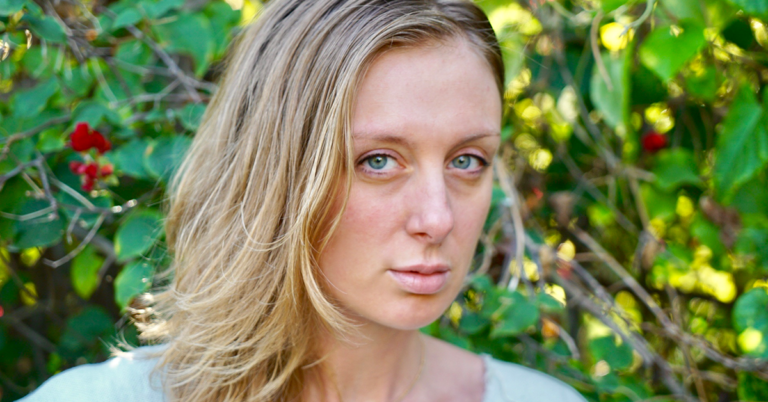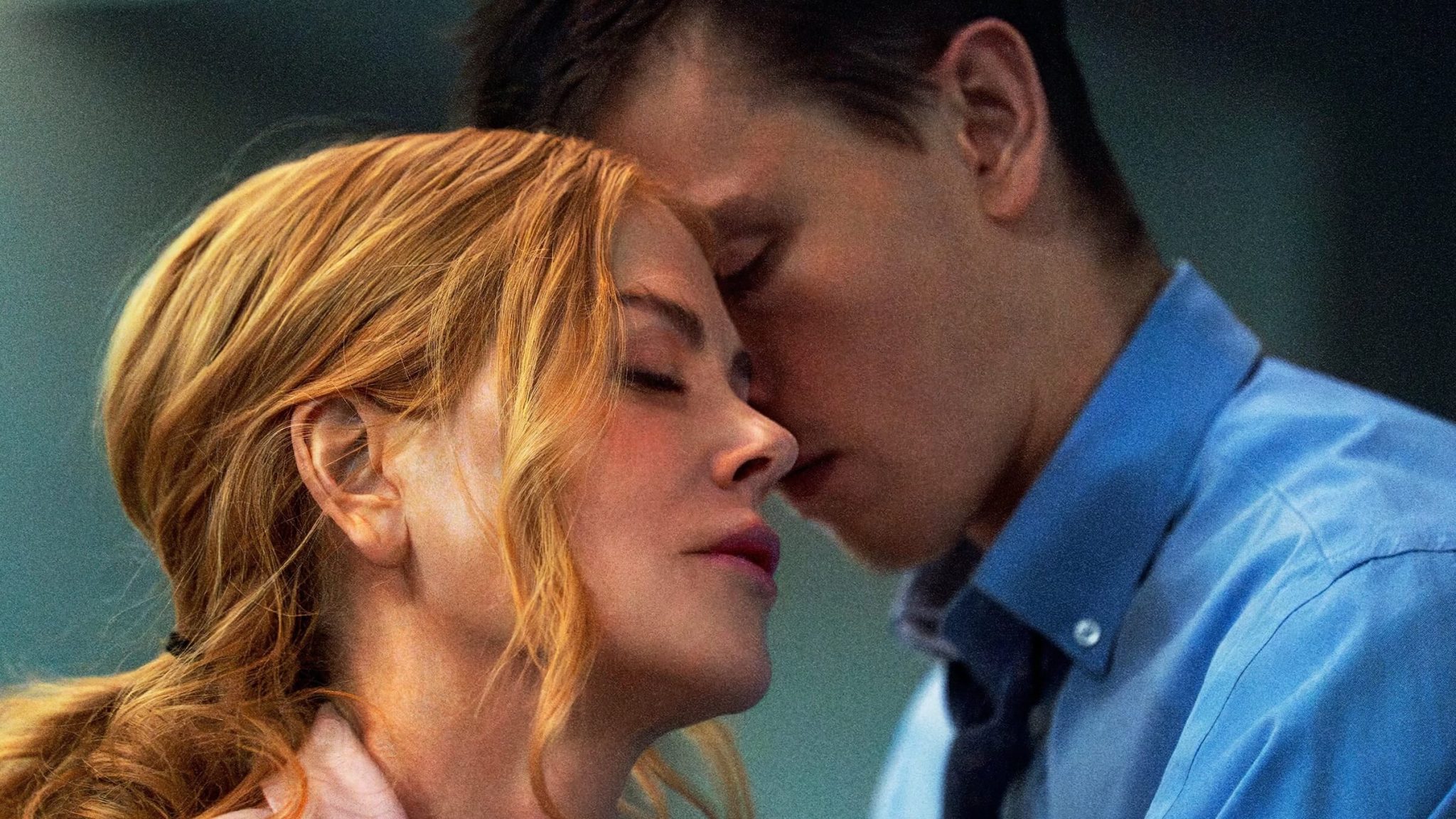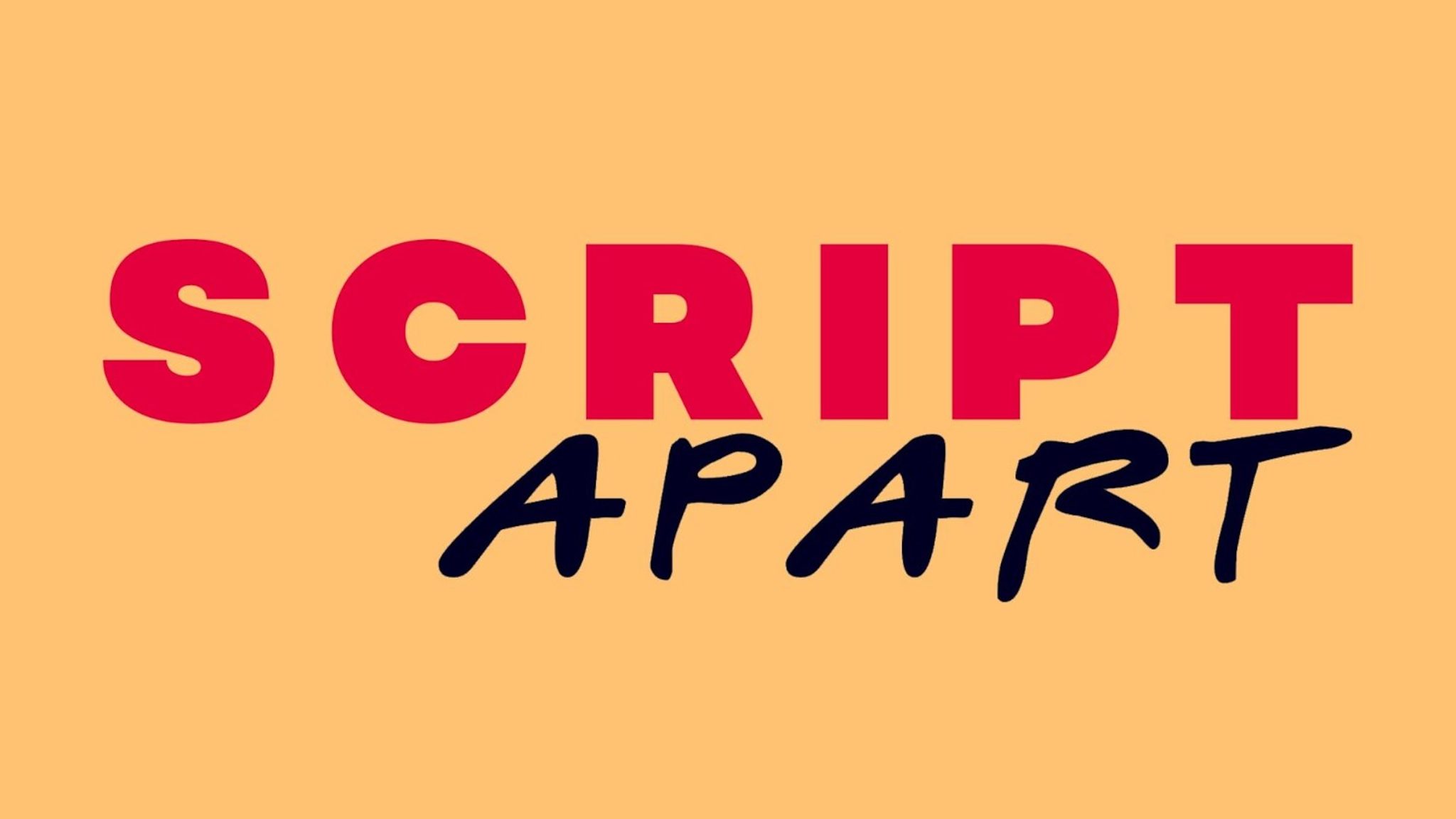Interview with ScreenCraft Drama Contest Winner Emily Tomson

We spoke with Emily Tomson, ScreenCraft’s Drama Contest Winner, and talked about her winning script, Artesia, and the overall craft of screenwriting. Artesia is a deeply compelling and tense human drama that boasts two sharply-drawn female leads, weighty conflict, a bold structure, immersive cultural details and a resonant point of view. Here is the logline:
An ambitious corporate lawyer and stalwart single mother is forced to move to New Mexico to act as a litigator in defense of oppressed women hoping to seek asylum in the United States, but must overcome hurdles and obstacles in the form of corruption, xenophobia, and sexism the likes of which she’s never seen.
What is your writing process and how long have you been writing?
Writing has always been my first creative love. I’ve been writing since high school, first in short fiction and then working on theatrical scripted work at NYU before beginning to write for film in 2013. That doesn’t count the dozens of journals I’ve amassed over the past two decades.
I think writing for me is perhaps the best exercise in thinking. Fictional writing is slightly different of course, but all of it is really such a rigorous, beautiful way to streamline and challenge your thought. Writers are incredible thinkers. Screenwriting might actually be the best example of that, because I’ve found that the better the structure and thought, the better the script. Every word is so valuable.
My process varies. There’s always some kind of planning and outlining, but sometimes that’s post-it notes on the wall and sometimes that’s long-form handwritten pages. It always feels like I have to figure out what I’m actually trying to say before I can see it take shape. I also love music and images that remind me of the feeling or the vibe I’m looking for, but I think my process really just involves a lot of words written.
How have you honed your craft since you began and what resource or activity has been the most helpful in that regard?
I’d say that I’m much more concise than I used to be, particularly in my early drafts. That has come with practice, and many rewrites, and the help of some very dear readers and editors. I’ve always felt like the writing process involves time and movement, there’s something linear about it. You have to physically get to a certain destination, and there are really no shortcuts. Your brain and your work must move through all of the necessary territories to get there, even if you don’t know where it is yet. I have a note on my desk that says “KEEP GOING.” That’s usually how it feels—like I just have to keep pushing forward. I suppose it often feels more like pushing forward as if I was climbing some icy, remote, snow-covered mountain alone in the dark while I write rather than sitting in a cozy room with a laptop, but same idea!
What was the genesis of Artesia? How many drafts have you done and how much has the story evolved? Having multiple contest finalist placements and wins under your belt now, any advice you would offer screenwriters about potentially entering screenplay competitions?
I first started thinking about Artesia after I had heard about the real-life circumstances of family detention centers in the United States. The situation immediately felt like the kind of story I am drawn to: strong, meaningful themes and so many robust details in character and plot. I spent a month in Texas at a facility similar to the one depicted in the script doing research with the women and children there and wrote my first or second draft after that. That was 15 drafts ago I think, but the heart of the story still feels the same. The fact that culturally and politically this story feels more relevant every day has only made me more committed to the project.
In terms of advice, make sure your work is good, don’t rush. I think I submitted an early draft of Artesia to a bunch of competitions and the page count was at something absurd like 145! Obviously, that didn’t work out. I am a big believer in focusing on making good work. The rest will figure itself out. And be nice to yourself.
What kind of stories are you drawn to tell? Favorite genre? What other projects do you have besides Artesia?
In her “Why I Write” essay, Joan Didion talks about how her writing begins when certain images “shimmer” for her and describes that when she looks hard enough, she can see these ‘pictures in the mind’ and then must not think too much but “lie low and let them develop.” That’s the best description I’ve ever found for my experience with writing. There’s just certain ideas, characters, situations, feelings that feel important to me, expansive, a little otherworldly maybe. Those are the stories I am drawn to.
Right now I’m working on a short film to shoot in the next few months. I’ve started directing my work in the last year so my writing has changed slightly to serve that. This project is a coming of age story about identity and sexuality, what it means to be a woman, the male gaze. It’s related to a feature script project I’m writing as well. I’m also working on a pilot about a group of new age women seeking power and recognition in a near-future California that has seceded from the United States. It is very fun!
What’s the best operating principle or piece of advice on screenwriting you’ve ever gotten?
Get over yourself and out of your way. Write every day. Don’t look up. I love Haruki Murakami’s book What I Talk About When I Talk About Running.
Who are your writing influences?
It’s more like artistic influences, I guess, but Joan Didion, Jane Campion, Joni Mitchell. When I was working on Artesia, I spent a lot of time with the screenplays for Fruitvale Station and A Most Violent Year.
What are your short-term and long-term goals in the industry? What have you been able to do in your career so far and what would you like to do next?
Short-term, I’m excited about shooting this short film! Long-term, I’d like to be on my way to writing and directing a feature in the not-too-distant future. I’ve been lucky enough to have continuous momentum with my work so far, and my goal is really just to keep that going.
For all the latest ScreenCraft news and updates, follow us on Twitter, Facebook, and Instagram.
Tags
Get Our Screenwriting Newsletter!
Get weekly writing inspiration delivered to your inbox - including industry news, popular articles, and more!



























